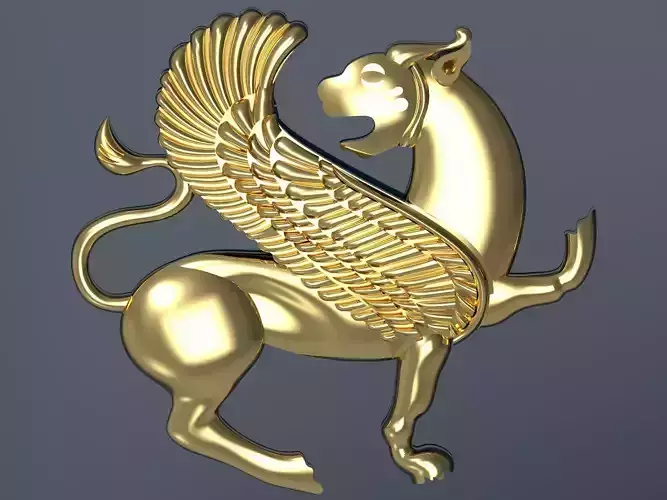1/11
Persepolis Symbols
In America, the Islamic Revolution means absolutely nothing to a ten year old child, but in Iran it’s like a plague that’s draped across their entire world as they know it. Most Iranian children are unlike the children of the United States, which have no restrictions on dress or schools, even freedom. Iranian children live in a country controlled by their government that prohibits simple pleasures and freedoms because this government forbids Iranian families the ability to control their own lives. Iranian’s live in a country that demands they have obedience to their religious culture at all times or pay the consequences.The book, Persepolis, by Marjane Satrapi documents her childhood story using her own eyes to portray what life is like for an Iran child and their family. During 1980 at the age of ten, Marji witnessed government struggles facing Iran, one of which was the “Veil”. The Islamic government decided this veil would protect women from being raped, claiming that the showing of their hair was to blame of the excitement in men (panel 7, 74). Even though Marji at her age did not understand why she needed to wear this veil, it became obligatory for each female child and women to have them on (panel 2, 3). Although all she knew at home was a more modern way of living, wearing this veil was out of her ordinary scope and left her confused. In American, female children would have considered it some sort of dress up day at school, while dismissing the answer for why it had to be worn. At the same time, that year brought forth more unsettling movements, like the separation of boys from girls. After all some of these boys and girls were best friends and this separation was devastating for them. Ordinar...
REVIEWS & COMMENTS
accuracy, and usability.












